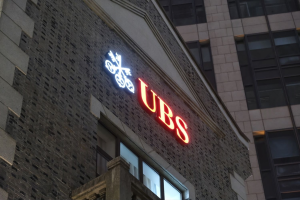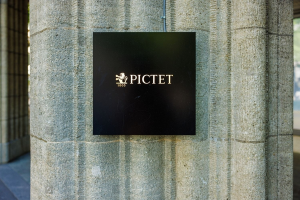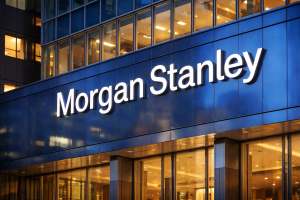
Finance
The Federal Deposit Insurance Corporation (FDIC) — the agency that protects U.S. bank deposits and upholds public confidence in the financial system — is facing internal tension as Vice Chair Travis Hill’s reform agenda on workplace culture and organizational restructuring sparks unease among employees. The effort comes at a critical time for the banking sector, already adjusting to higher interest rates, slowing loan growth, and rising regulatory pressure.
The FDIC has long been viewed as a cornerstone of stability in U.S. banking, ensuring deposit protection and overseeing sound risk management. However, the agency itself is now under scrutiny over internal morale and leadership decisions. Hill’s drive to modernize the agency’s workplace culture and streamline operations has reportedly included potential job cuts and departmental restructuring — measures intended to increase efficiency and align the FDIC with a more digital, data-driven financial environment.
Critics within the agency argue that such changes risk undermining institutional knowledge and employee morale, while supporters view them as necessary steps to modernize oversight in a rapidly evolving banking landscape dominated by fintechs, digital banking, and new risk models.
Any internal shift at the FDIC carries implications for banks and consumers alike. The agency plays a key role in monitoring how financial institutions handle credit risk, loan portfolios, and deposit insurance — particularly important as rising interest rates pressure profitability and credit quality.
If staff reductions or internal friction were to hinder regulatory responsiveness, smaller banks facing liquidity constraints or deposit competition could see delayed oversight, potentially amplifying systemic vulnerabilities. The FDIC’s stability and credibility are especially critical in the current environment, as regional banks continue adapting to tighter credit conditions and evolving mortgage and loan demand.
Hill’s management initiative also raises broader questions about how financial regulators balance operational efficiency with institutional integrity. While modernization may streamline reporting and improve digital oversight, abrupt restructuring could weaken collaboration between departments and dampen the agency’s ability to respond swiftly during banking stress events.
From a public perspective, confidence in the FDIC goes beyond deposit insurance—it signals the government’s broader ability to manage systemic risk. Maintaining that trust requires not only technological modernization but also a motivated, stable workforce that can execute its mission under pressure.
The challenges facing Hill’s reform effort mirror those across the U.S. financial sector: balancing innovation with trust, efficiency with human capital. As banks accelerate digital transformation—from mobile checking accounts to AI-based credit scoring—the FDIC’s oversight framework must evolve accordingly.
Yet, how the agency navigates its own internal reforms may determine how effectively it can monitor the next generation of banking risks. The current debate underscores that financial resilience is not only about balance sheets and deposit ratios but also about the institutional cultures that guard them.
The FDIC’s internal challenges offer a reminder that regulatory institutions face the same adaptation pressures as the banks they oversee. In an era of digital banking and fast-moving financial cycles, fostering both innovation and accountability will be essential. For policymakers and industry leaders, the lesson is clear: modernization succeeds only when efficiency and employee engagement move in tandem.
 Previous Post
Previous Post
SKN | UBS Faces OECD Scrutiny Over Human Rights Risks in Passive Investments
 Next Post
Next Post
SKN | Dive Newsdesk: BofA Exec Says Industry Must Work Through Agentic Commerce ‘Complexity’

February 23, 2026

February 23, 2026

February 23, 2026

February 23, 2026